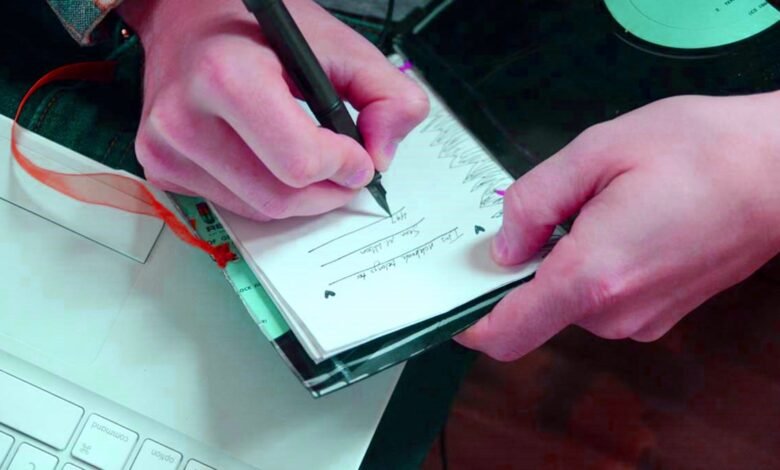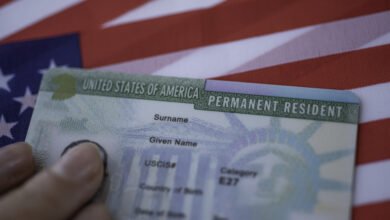Can You File for Bankruptcy Without an Attorney?

Bankruptcy can be a daunting prospect, and the idea of navigating the legal intricacies alone might be tempting for some individuals. However, before deciding to file for bankruptcy without an attorney, it’s crucial to weigh the pros and cons and understand the potential challenges that lie ahead.
TABLE OF CONTENTS
ToggleDefinition of Bankruptcy
Bankruptcy is a legal status that declares an individual or business unable to repay outstanding debts. It provides a structured process to manage debt while offering some relief to debtors.
Importance of Legal Representation
The legal expertise provided by bankruptcy attorneys is invaluable. Attorneys guide individuals through the complexities of the legal system, ensuring proper adherence to regulations and increasing the likelihood of a successful case outcome.
DIY Bankruptcy: Pros and Cons
Pros of Filing Without an Attorney
- Cost savings on legal fees
- Direct control over the process
Cons and Risks Involved
- Lack of legal expertise
- Increased risk of errors and complications
Legal Requirements and Complexities
Understanding Legal Procedures
Bankruptcy involves specific legal procedures, and a lack of understanding can lead to costly mistakes. DIY filers must educate themselves on the process.
Navigating Complex Paperwork
The paperwork involved in bankruptcy filings is intricate. DIY filers need to comprehend and accurately complete the required documents.
Bankruptcy Chapters Explained
Chapter 7 Bankruptcy
Chapter 7 involves liquidating assets to discharge debts. DIY filers must meet eligibility criteria and navigate the liquidation process.
Chapter 13 Bankruptcy
Chapter 13 allows individuals to restructure and repay debts over time. DIY filers need to understand the intricacies of creating a repayment plan.
Eligibility Criteria
Meeting Criteria for Chapter 7
DIY filers must assess their eligibility for Chapter 7 based on income, assets, and debt.
Requirements for Chapter 13
Chapter 13 has specific requirements, including a stable income and a feasible repayment plan.
The DIY Process
Steps to File Without an Attorney
- Gathering financial information
- Completing bankruptcy forms
- Filing with the bankruptcy court
Common Challenges Faced by DIY Filers
- Misinterpreting legal jargon
- Failing to meet deadlines
Legal Aid and Resources
Available Resources for DIY Filers
Online resources, self-help books, and bankruptcy forums can provide valuable information for DIY filers.
Pro Bono Legal Services
Some legal aid organizations offer pro bono assistance to individuals facing financial hardship.
Common Mistakes to Avoid
Pitfalls in DIY Filings
- Underestimating the complexity
- Ignoring eligibility criteria
Impact of Mistakes on the Case
Errors in DIY filings can lead to case dismissal, delayed proceedings, or unfavorable outcomes.
Read More: Bankruptcy and Social Security Benefits: Untangling the Web
Case Studies
Successful DIY Bankruptcy Cases
Examining instances where individuals successfully navigated bankruptcy without an attorney.
Lessons Learned from Failures
Understanding the reasons behind DIY bankruptcy failures to avoid similar pitfalls.
Alternatives to Filing Alone
Consulting with Legal Aid Organizations
Exploring options for affordable legal consultations through legal aid organizations.
Exploring Affordable Legal Assistance
Consider alternative ways to secure legal help without incurring exorbitant fees.
Prospective Changes in Bankruptcy Laws
Upcoming Legal Amendments
Stay informed about potential changes in bankruptcy laws that may impact DIY filers.
How Changes May Affect DIY Filers
Understanding the implications of legal amendments on the DIY filing process.
Expert Opinions
Interviews with Bankruptcy Attorneys
Insights from legal experts on the advantages and disadvantages of DIY bankruptcy.
Perspectives on DIY Filings
Understanding the legal community’s viewpoint on individuals filing for bankruptcy without representation.
Tips for Successful DIY Filings
Must-Know Tips for DIY Filers
- Thoroughly research the process
- Seek guidance from reliable sources
Ensuring a Smoother Process
Taking proactive steps to avoid common pitfalls and streamline the DIY filing experience.
Debunking Myths
Common Misconceptions About Bankruptcy
Addressing myths and misconceptions surrounding the DIY bankruptcy process.
Clarifying the Truth
Providing accurate information to dispel misinformation and guide informed decision-making.
Read More: Legal Considerations for Bankruptcy and Alimony
Conclusion
In conclusion, while filing for bankruptcy without an attorney is possible, it requires careful consideration of the associated risks and challenges. Individuals must educate themselves, weigh the pros and cons, and explore available resources before embarking on this journey.
FAQs(Can You File for Bankruptcy Without an Attorney?)
Can I file for bankruptcy without any legal knowledge?
While it’s technically possible, it’s highly advised to educate yourself on the legalities or seek professional guidance to avoid costly mistakes.
What are the major risks of filing for bankruptcy without an attorney?
The risks include errors in paperwork, misinterpretation of legal requirements, and potential dismissal of the case.
Are there affordable legal options for bankruptcy assistance?
Yes, legal aid organizations and pro bono services can provide affordable or free assistance to those facing financial challenges.
How often do DIY bankruptcy filings succeed?
Success rates vary, and it depend on factors such as the complexity of the case and the filer’s understanding of the legal process.
What changes should I be aware of in bankruptcy laws?
Stay informed about any upcoming legal amendments that may impact the bankruptcy process and DIY filers specifically.











